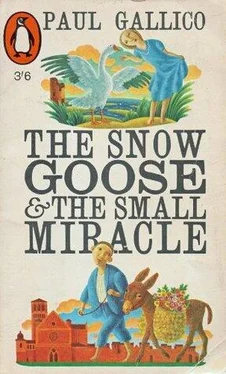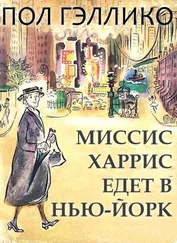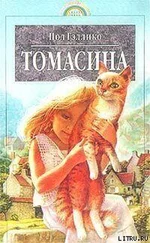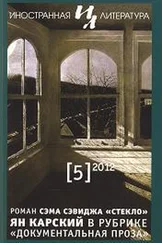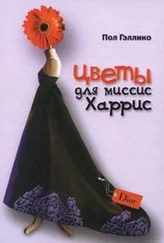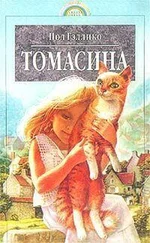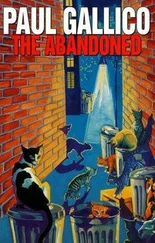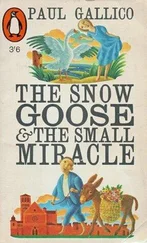Paul Gallico
The Snow Goose
With drawings by Anne Linton
The Great Marsh lies on the Essex coast between the village of Chelmbury and the ancient Saxon oyster-fishing hamlet of Wickaeldroth. It is one of the last of the wild places of England, a low, far-reaching expanse of grass and reeds and half-submerged meadowlands ending in the great saltings and mud flats and tidal pools near the restless sea.
Tidal creeks and estuaries and the crooked, meandering arms of many little rivers whose mouths lap at the edge of the ocean cut through the sodden land that seems to rise and fall and breathe with the recurrence of the daily tides. It is desolate, utterly lonely, and made lonelier by the calls and cries of the wildfowl that make their homes in the marshlands and saltings – the wildgeese and the gulls, the teal and widgeon, the redshanks and curlews that pick their way through the tidal pools. Of human habitants there are none, and none are seen, with the occasional exception of a wild-fowler or native oyster-fishermen, who still ply a trade already ancient when the Normans came to Hastings.
Greys and blues and soft greens are the colours, for when the skies are dark in the long winters, the many waters of the beaches and marshes reflect the cold and sombre colour. But sometimes, with sunrise and sunset, sky and land are aflame with red and golden fire.

Hard by one of the winding arms of the little River Aelder runs the embankment of an old sea wall, smooth and solid, without a break, a bulwark to the land against the encroaching sea. Deep into a salting some three miles from the English Channel it runs, and there turns north. At that corner its face is gouged, broken and shattered. It has been breached, and at the breach the hungry sea has already entered and taken for its own the land, the wall, and all that stood there.
At low water the blackened and ruptured stones of the ruins of an abandoned lighthouse show above the surface, with here and there, like buoy markers, the top of a sagging fence-post. Once this lighthouse abutted on the sea and was a beacon on the Essex coast. Time shifted land and water, and its usefulness came to an end.
Lately it served again as a human habitation. In it there lived a lonely man. His body was warped, but his heart was filled with love for wild and hunted things. He was ugly to look upon, but he created great beauty. It is about him, and a child who came to know him and see beyond the grotesque form that housed him to what lay within, that this story is told.
It is not a story that falls easily and smoothly into sequence. It has been garnered from many sources and from many people. Some of it comes in the form of fragments from men who looked upon strange and violent scenes. For the sea has claimed its own and spreads its rippled blanket over the site, and the great white bird with the black-tipped pinions that saw it all from the beginning to the end has returned to the dark, frozen silences of the north-lands whence it came.
In the late spring of 1930 Philip Rhayader came to the abandoned lighthouse at the mouth of the Aelder. He bought the light and many acres of marshland and salting surrounding it.
He lived and worked there alone the year round. He was a painter of birds and of nature, who, for reasons, had withdrawn from all human society. Some of the reasons were apparent on his fortnightly visits to the little village of Chelmbury for supplies, where the natives looked askance at his mis-shapen body and dark visage. For he was a hunchback and his left arm was crippled, thin and bent at the wrist, like the claw of a bird.
They soon became used to his queer figure, small but powerful, the massive, dark, bearded head set just slightly below the mysterious mound on his back, the glowing eyes and the clawed hand, and marked him off as ‘that queer painter chap that lives down to lighthouse.’
Physical deformity often breeds hatred of humanity in men. Rhayader did not hate; he loved very greatly, man, the animal kingdom, and all nature. His heart was filled with pity and understanding. He had mastered his handicap, but he could not master the rebuffs he suffered, due to his appearance. The thing that drove him into seclusion was his failure to find anywhere a return of the warmth that flowed from him. He repelled women. Men would have warmed to him had they got to know him. But the mere fact that an effort was being made hurt Rhayader and drove him to avoid the person making it.
He was twenty-seven when he came to the Great Marsh. He had travelled much and fought valiantly before he made the decision to withdraw from a world in which he could not take part as other men. For all the artist’s sensitivity and woman’s tenderness locked in his barrel breast, he was very much a man.
In his retreat he had his birds, his paintings, and his boat. He owned a sixteen-footer, which he sailed with wonderful skill. Alone, with no eyes to watch him, he managed well with his deformed hand, and he often used his strong teeth to handle the sheets of his billowing sails in a tricky blow.
He would sail the tidal creek and estuaries and out to sea, and would be gone for days at a time, looking for new species of birds to photograph or sketch, and he became an adept at netting them to add to his collection of tamed wildfowl in the pen near his studio that formed the nucleus of a sanctuary.

He never shot over a bird, and wild-fowlers were not welcome near his premises. He was a friend to all things wild, and the wild things repaid him with their friendship.
Tamed in his enclosures were the geese that came winging down the coast from Iceland and Spitzbergen each October, in great skeins that darkened the sky and filled the air with the rushing noise of their passage – the brown-bodied pink-feet, white-breasted barnacles, with their dark necks and clowns’ masks, the wild white fronts with black-barred breasts, and many species of wild ducks – widgeon, mallard, pintails, teal and shovellers.
Some were pinioned, so that they would remain there as a sign and signal to the wild ones that came down at each winter’s beginning that here were food and sanctuary.
Many hundreds came and remained with him all through the cold weather from October to the early spring, when they migrated north again to their breeding-grounds below the ice rim.
Rhayader was content in the knowledge that when storms blew, or it was bitter cold and food was scarce, or the big punt guns of the distant bag hunters roared, his birds were safe; that he had gathered to the sanctuary and security of his own arms and heart these many wild and beautiful creatures who knew and trusted him.
They would answer the call of the north in the spring, but in the fall they would come back, barking and whooping and honking in the autumn sky, to circle the landmark of the old light and drop to earth near by to be his guests again – birds that he well remembered and recognized from the previous year.
And this made Rhayader happy, because he knew that implanted somewhere in their beings was the germ knowledge of his existence and his safe haven, that this knowledge had become a part of them and, with the coming of the grey skies and the winds from the north, would send them unerringly back to him.
For the rest, his heart and soul went into the painting of the country in which he lived and its creatures. There are not many Rhayaders extant. He hoarded them jealously, piling them up in his lighthouse and the storerooms above by the hundreds. He was not satisfied with them, because as an artist he was uncompromising.
Читать дальше
